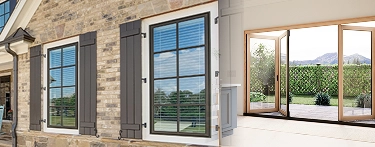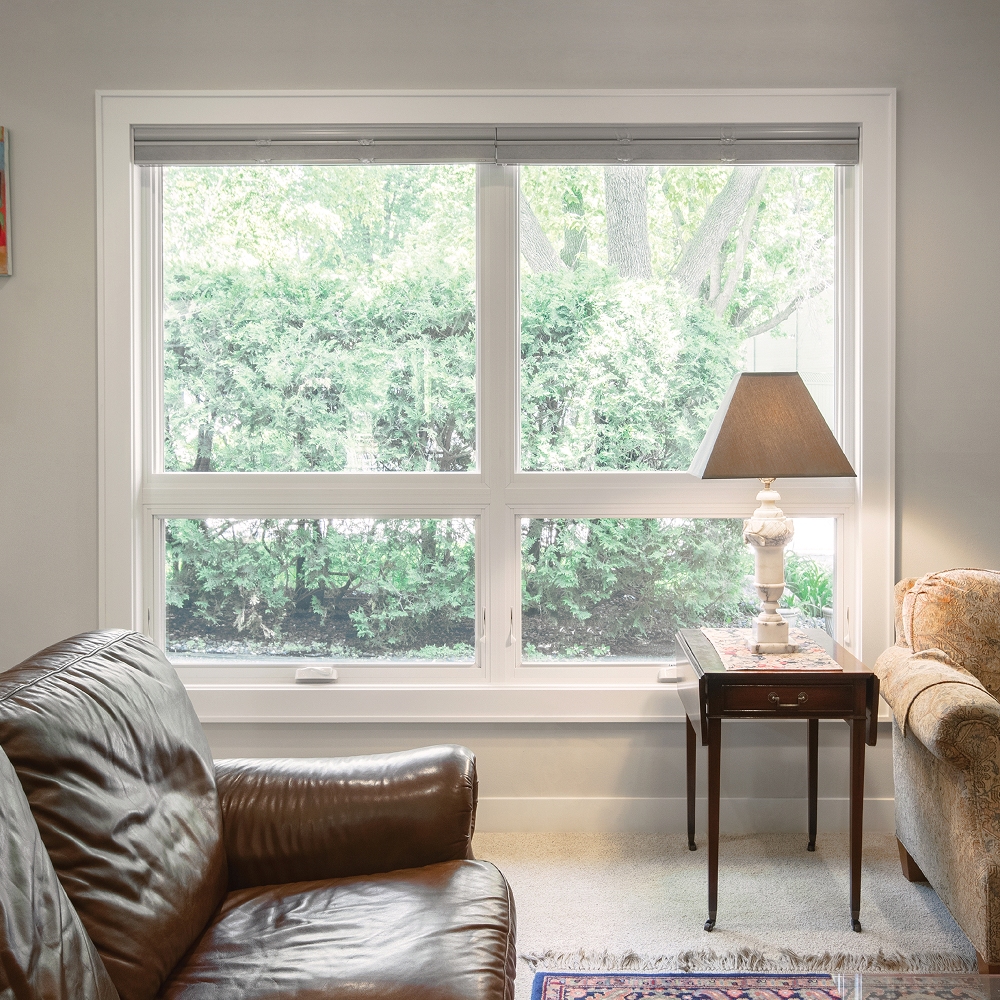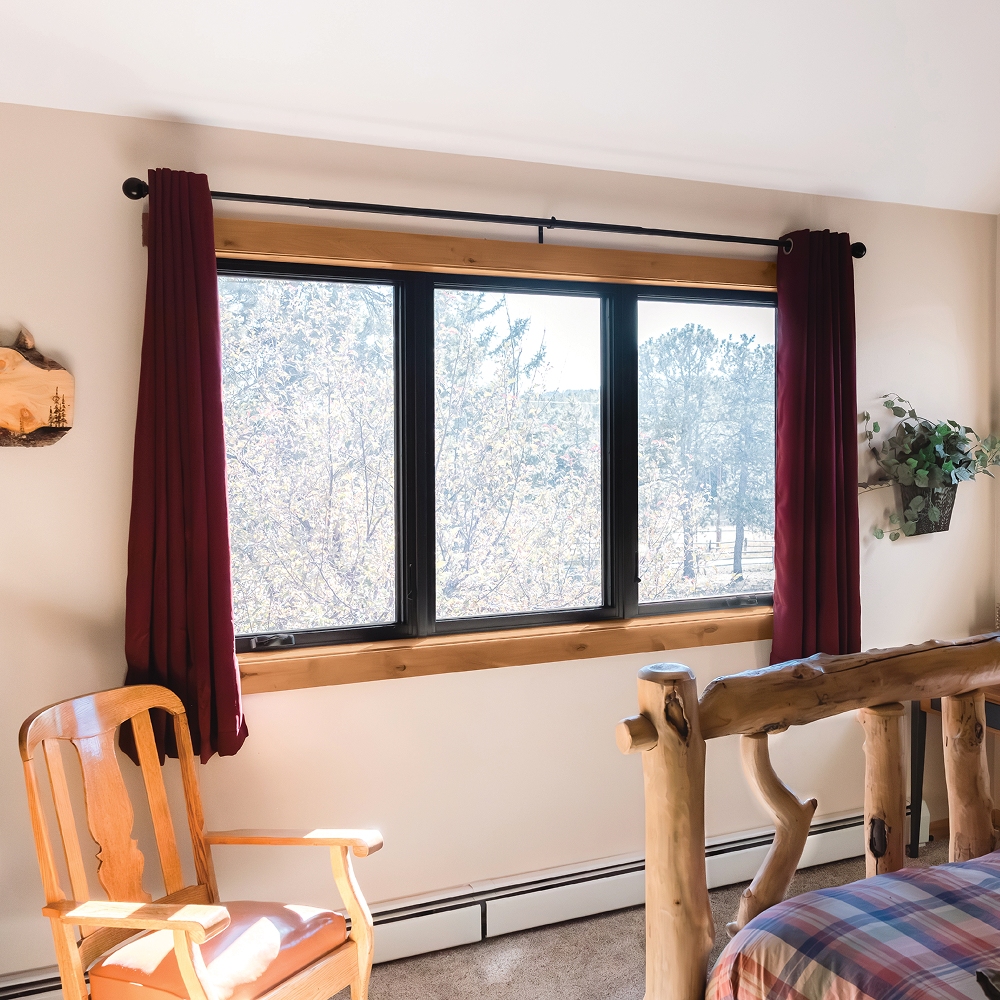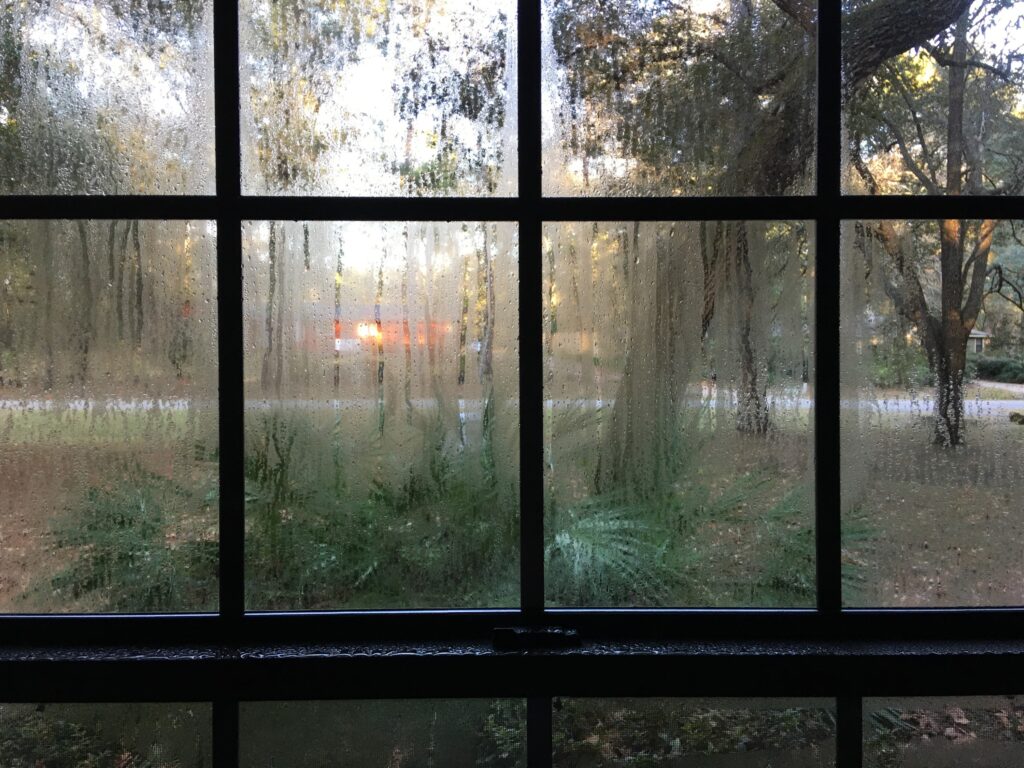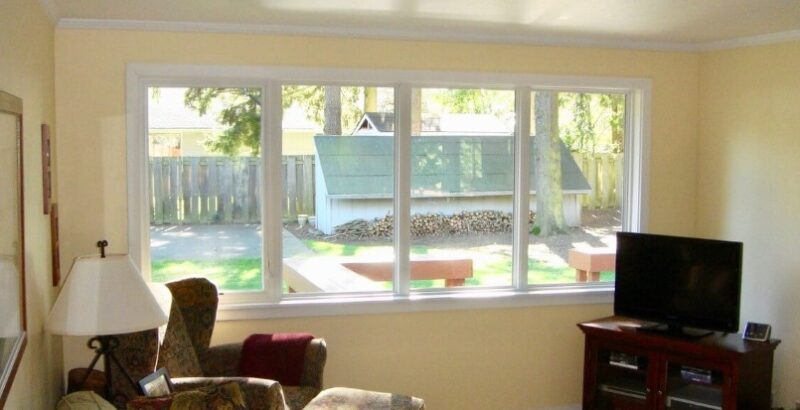
Navigating the myriad options for home improvements can be daunting, especially when it comes to selecting the ideal windows that offer both aesthetic appeal and functional benefits. In the charming city known for its lush landscapes, the choice between fiberglass windows and vinyl windows is a crucial decision for homeowners. With fiberglass windows Redmond, WA, presenting a durable and energy-efficient option, it’s important to delve deep into how they stack up against the cost-effective and low-maintenance vinyl windows. This ultimate comparison aims to provide you with all the insights needed to make an informed decision that best suits your home’s requirements and your personal preferences. Keep reading to uncover which window type reigns supreme for homes in our beautiful area, ensuring your next home improvement project is a resounding success.
Strength and Durability: Fiberglass vs. Vinyl
When considering the strength and durability of window materials, fiberglass emerges as a notably robust contender. Crafted from a blend of glass fibers and resin, fiberglass windows boast a remarkable ability to withstand the test of time. They resist warping, cracking, and fading, even under harsh weather conditions, making them a reliable choice for homeowners seeking long-term stability and minimal maintenance. Their strength not only contributes to an extended lifespan but also allows for slimmer frames and larger glass areas, enhancing both view and natural light.
Vinyl, on the other hand, offers a degree of durability that appeals to many, especially given its resistance to moisture and corrosion, making it a suitable option for homes in areas with high humidity. However, vinyl may not match the structural integrity of fiberglass, with a tendency to expand and contract in extreme temperatures, which can lead to issues over time. Despite this, vinyl’s resilience against common problems like rot and insect damage, combined with its cost-efficiency, makes it a popular choice for those looking to balance durability with budget considerations.
Energy Efficiency: Which Window Material Performs Better?
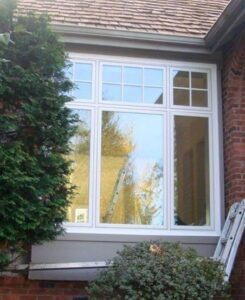
Energy efficiency plays a pivotal role in the comparison between fiberglass and vinyl windows, with both materials offering distinct advantages to conscientiously eco-aware homeowners. Fiberglass windows standout due to their exceptional insulative properties, stemming from the material’s low thermal conductivity. This intrinsic characteristic means that fiberglass frames are less susceptible to temperature fluctuations, maintaining a consistent interior climate and reducing the strain on heating and cooling systems. The airtight seals achieved with fiberglass construction further enhance this effect, ensuring minimal energy leakage and maximizing efficiency.
Vinyl windows also provide commendable energy efficiency, largely attributed to their PVC construction, which includes hollow chambers that trap air, providing additional insulation. Like fiberglass, vinyl windows can be equipped with double or triple-pane glass and low-E coatings, further elevating their ability to maintain temperature control and reduce energy costs. While both materials are effective in promoting a more energy-efficient home, fiberglass windows slightly edge out vinyl in thermal performance and longevity, potentially offering higher energy savings over the long term. Ultimately, the choice between these materials may come down to balancing initial investment with expected energy efficiency gains.
Cost and Maintenance: Finding the Best Value
When evaluating cost and maintenance, finding the best value between fiberglass and vinyl windows is a crucial consideration for homeowners. Vinyl windows are often lauded for their affordability, presenting a cost-effective solution without sacrificing quality or energy efficiency. The material’s innate resistance to moisture and decay translates into low maintenance requirements, with the occasional cleaning typically sufficient to keep vinyl windows in good condition.
Fiberglass windows, while generally more expensive upfront, justify their price with superior durability and a longer lifespan. The material’s resistance to warping, fading, and cracking means less frequent replacements and repairs. Additionally, fiberglass windows can be repainted, providing homeowners the flexibility to change colors without the need for new installations. Although the initial investment in fiberglass might be higher, the long-term savings in maintenance and the potential for increased home value can make it a worthwhile expenditure.
Deciding between vinyl and fiberglass windows involves weighing the immediate cost against long-term benefits. For those seeking minimal upkeep while adhering to a budget, vinyl presents an appealing option. However, for homeowners willing to invest more initially for enduring quality and performance, fiberglass offers compelling advantages. Balancing these factors will help in selecting a window material that delivers the best overall value.
In conclusion, when choosing between fiberglass and vinyl windows, homeowners must consider factors like durability, energy efficiency, cost, and maintenance to make an informed decision that suits their needs and budget. Fiberglass windows Redmond, WA, offer unrivaled strength and energy-saving capabilities, making them a valuable investment for the long term, whereas vinyl windows appeal for their cost-efficiency and low maintenance, providing immediate budget-friendly solutions. At Signature Window & Door Replacement, we understand the importance of selecting the right window material for your home. Contact us today, and let us guide you through the selection process, ensuring you find the perfect windows to enhance your living space and improve your home’s efficiency.



